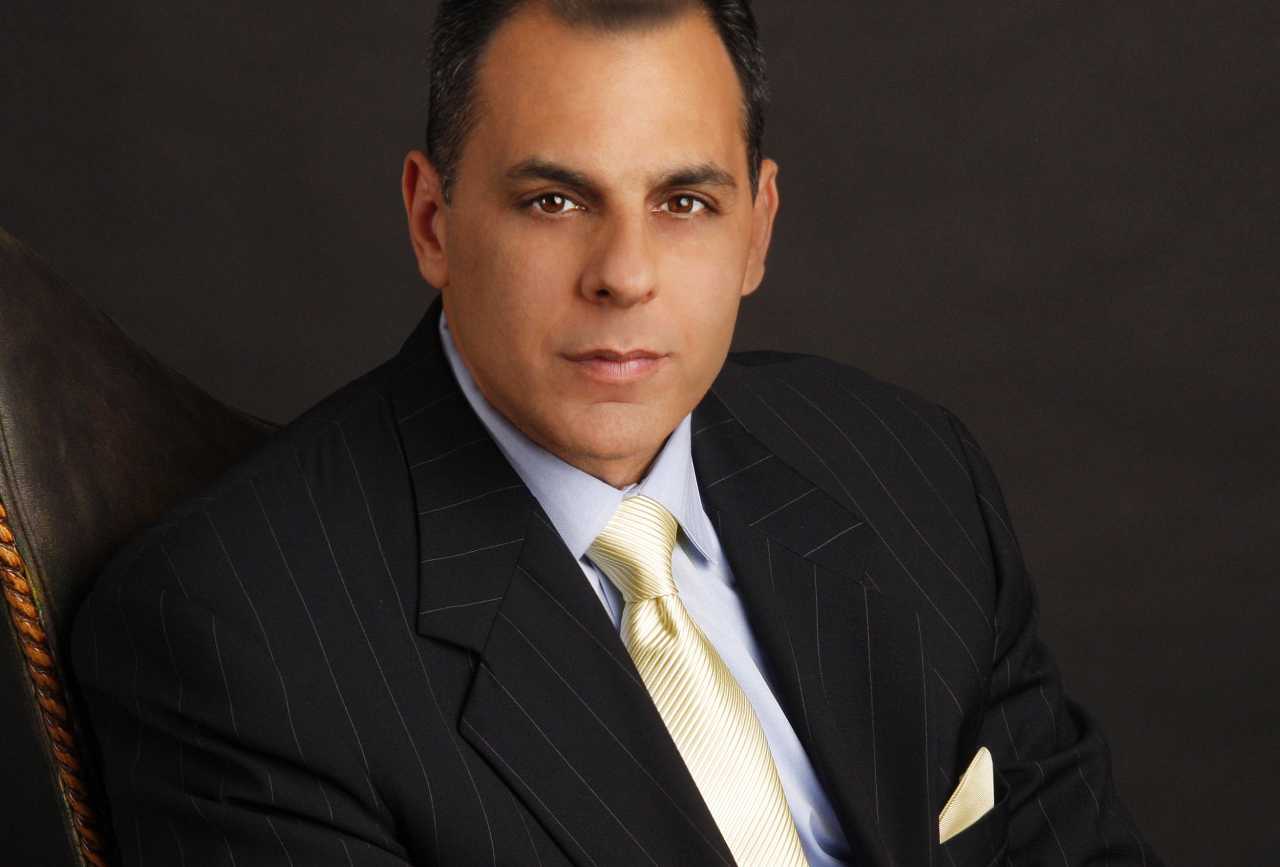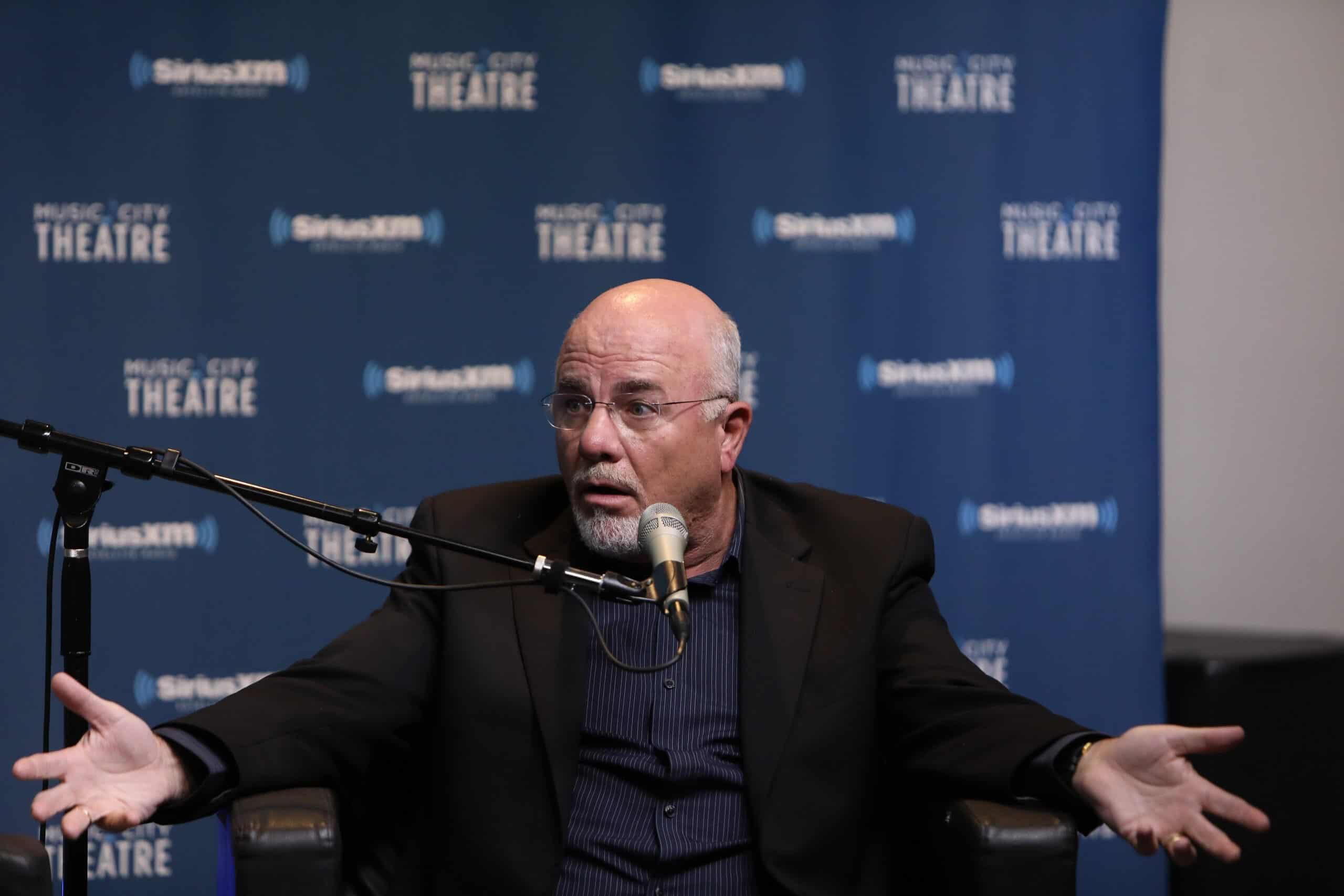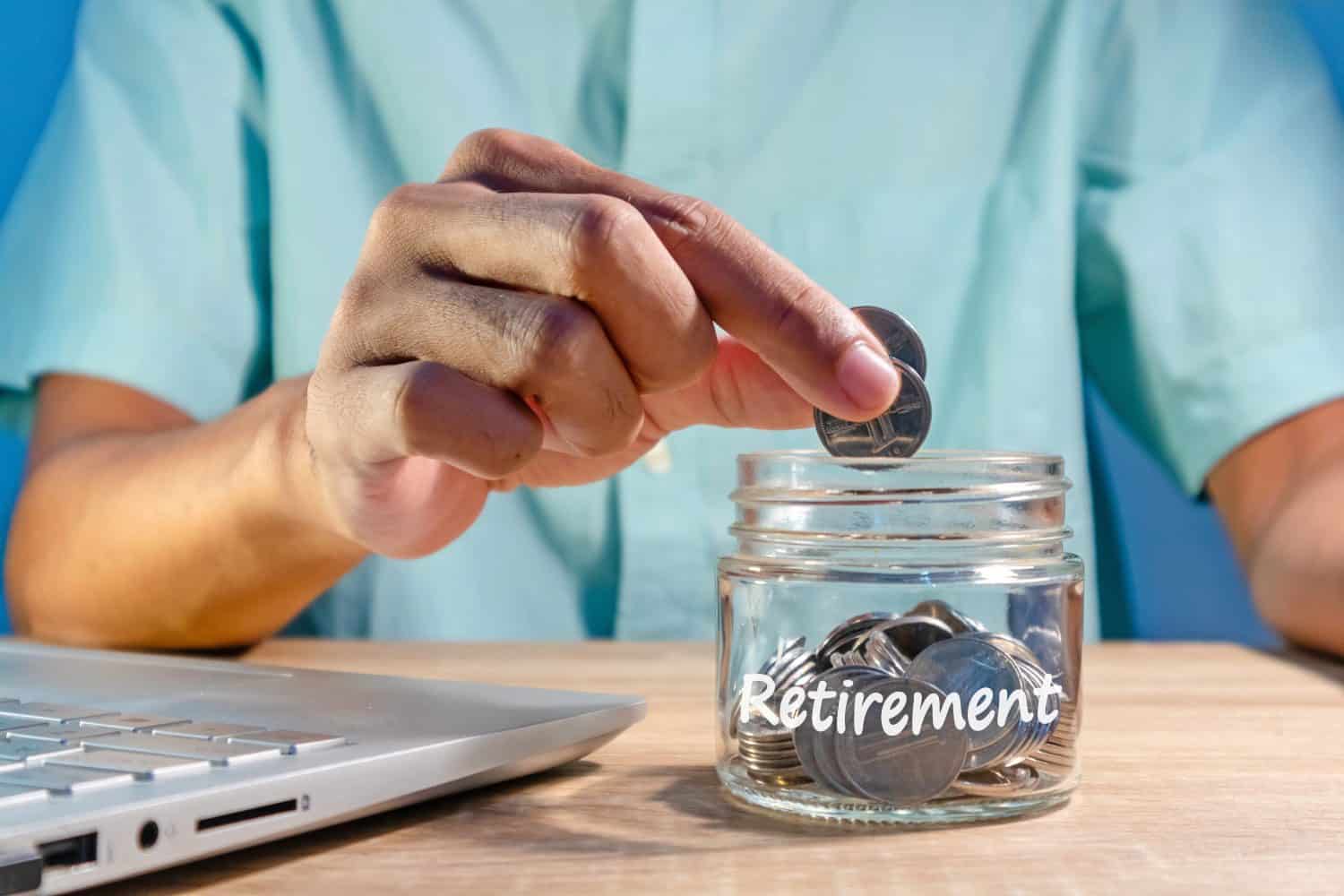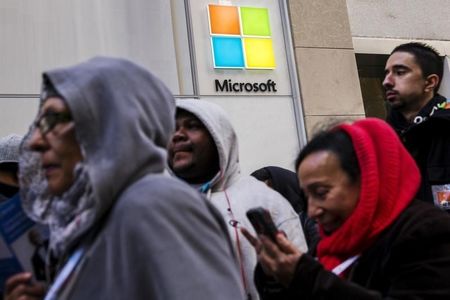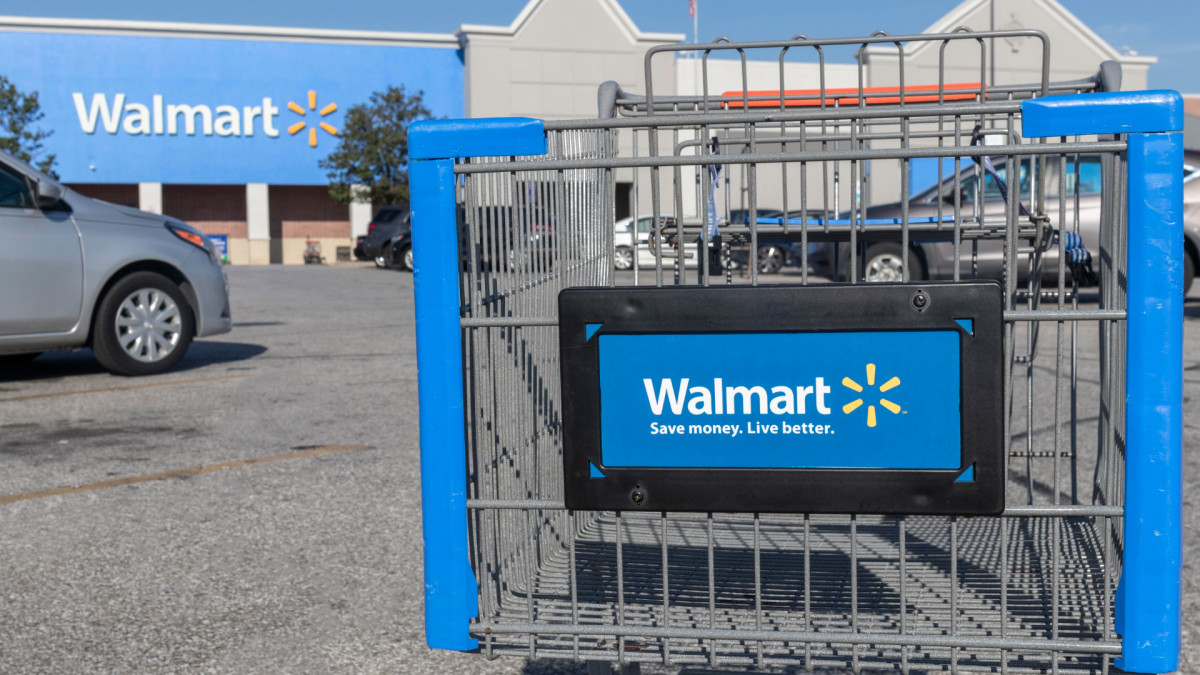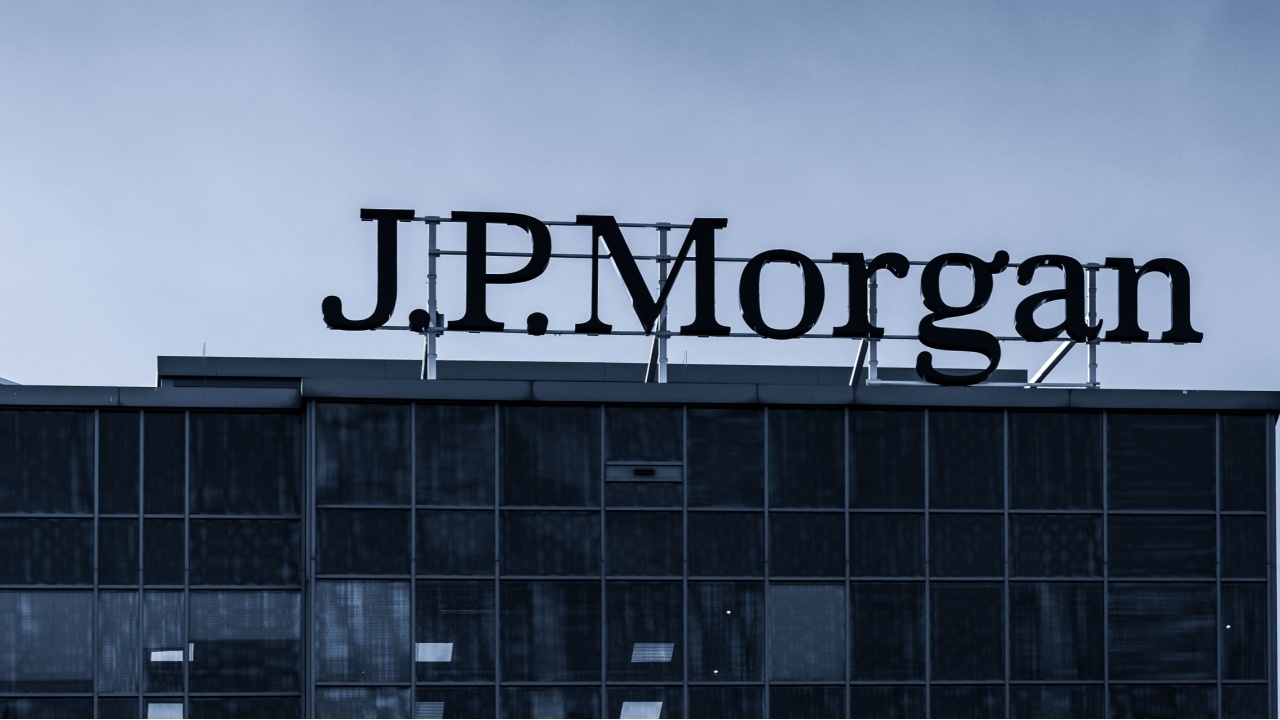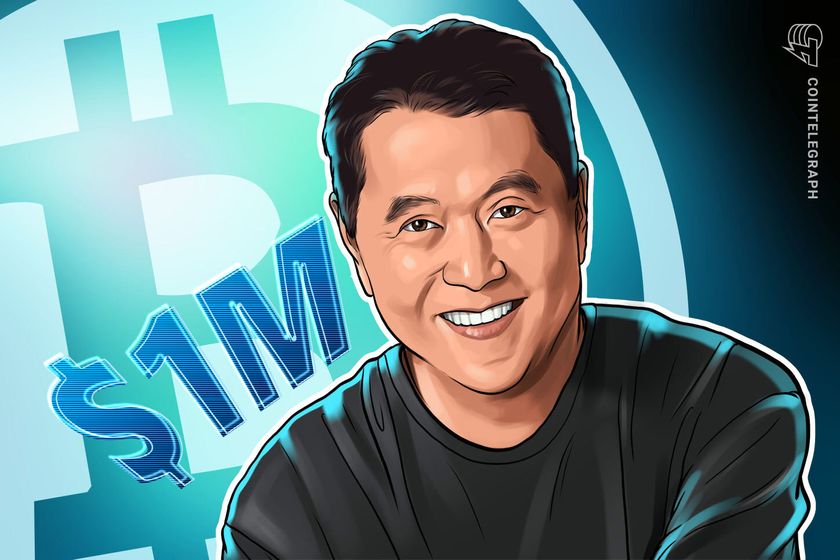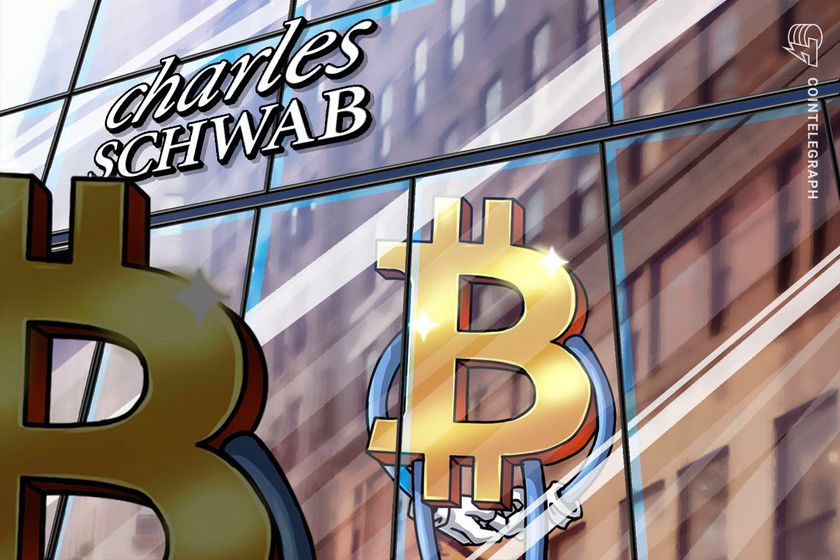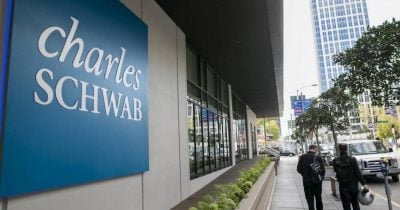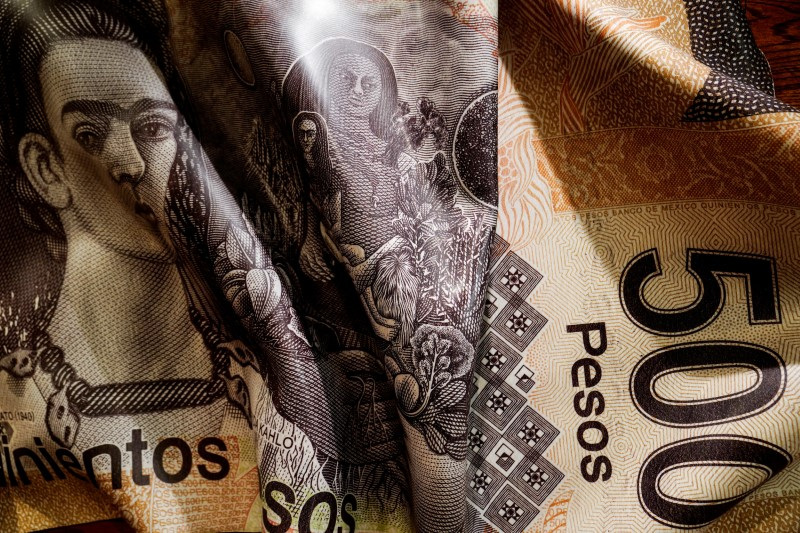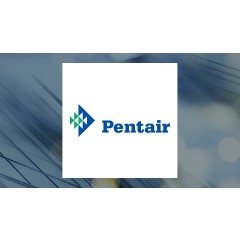What Happens to My ESOP When My Company Folds?
The American TV version of The Office (2005-2013) differs from its original UK version in one interesting aspect. While both sitcoms revolve around the employees of an office branch of a large paper company, the aspect of employee stock ownership only arises in the US version. Oscar Martinez, who works in accounting, publicly discloses that […] The post What Happens to My ESOP When My Company Folds? appeared first on 24/7 Wall St..
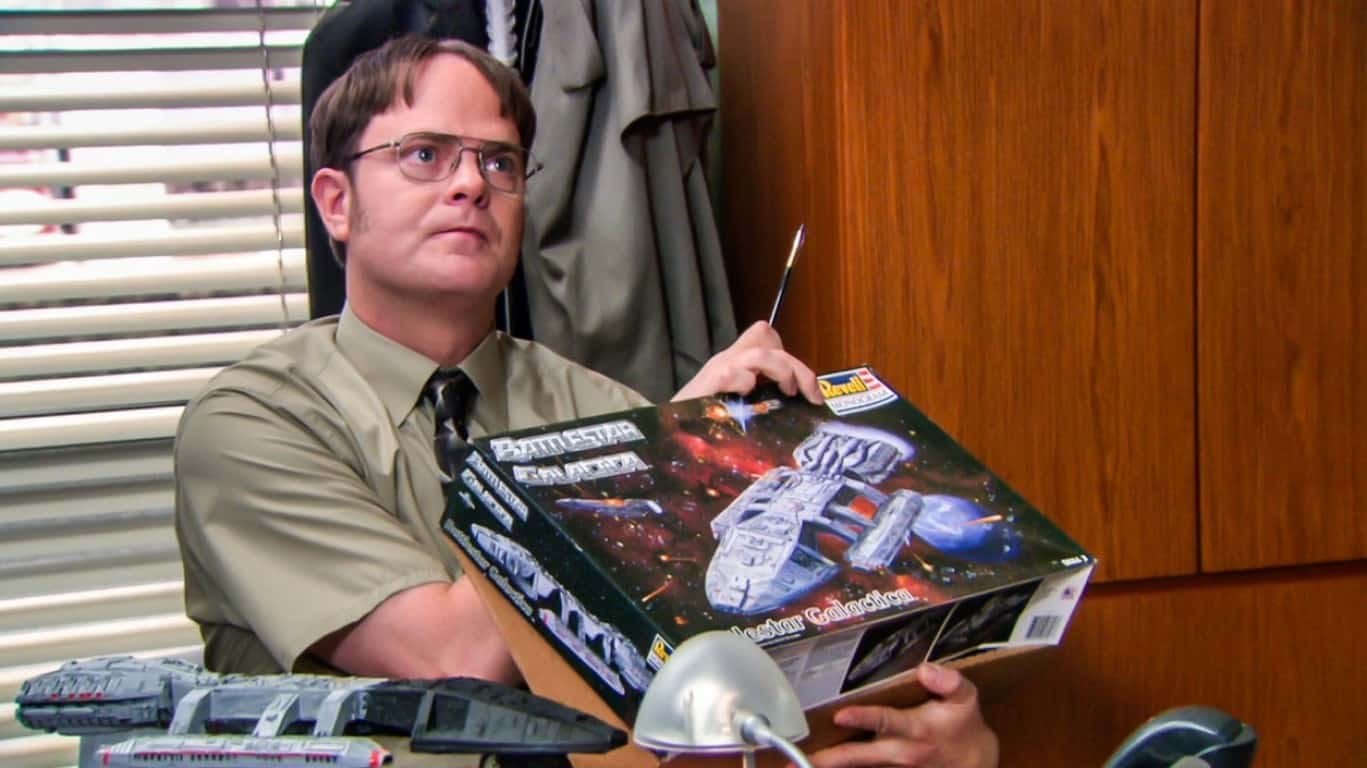
The American TV version of The Office (2005-2013) differs from its original UK version in one interesting aspect. While both sitcoms revolve around the employees of an office branch of a large paper company, the aspect of employee stock ownership only arises in the US version. Oscar Martinez, who works in accounting, publicly discloses that he owns stock in Dunder Mifflin Paper Company during the Season 6 episode titled, “Shareholder Meeting”. In the season 6 finale, “Whistleblower”, it is implied that Dwight Schrule also owns Dunder Mifflin stock when he buys their office building.
The notion of employee stock ownership has been demonstrated to incentivize better worker performance through the perception of a shared stake in a company’s future prospects.
Employee Stock Ownership Plans (ESOP) have been prevalent in American businesses for decades. It is only in the last decade or so that they have begun to be deployed significantly in Europe, which may explain the topic’s inclusion in the US, but not the UK version. While ESOP can afford employees a shared upside stake in a company’s prospects, equity ownership also entails sharing downside risks as well, a fact of life that is often much less publicized.
Key Points
-
One of the ways that businesses can incentivize and improve employee involvement is to offer them ownership stakes in the business.
-
Employee Stock Ownership Plans (ESOP) are a tax-advantaged method used by companies to grant restricted stock ownership to employees as part of their compensation.
-
The risk exists to ESOP for employees if the company’s business falters, which means that their collective ownership of equity entails its liabilities as well.
-
Are you ahead, or behind on retirement? SmartAsset’s free tool can match you with a financial advisor in minutes to help you answer that today. Each advisor has been carefully vetted, and must act in your best interests. Don’t waste another minute; get started by clicking here here.(Sponsor)
United, We Fall

Unfortunately, ESOPs are designed for long-term holding, and take years before the stock vests. Until such time, the stock is usually in a restricted status and has no market value. As a result, if the issuing company gets acquired or goes out of business, the value of vested and unvested ESOP shares is not guaranteed, so the circumstances of each scenario are critical.
A Reddit poster who finds himself in just such a position was seeking advice. His company was apparently on the rocks and in dire financial straits. As such:
- The poster was furloughed, and he is expecting to be laid off.
- His shares are fully vested in his retirement account (presumably a company 401(k))
- He was trying to discern if he had any chance of getting paid out so he could transfer the proceeds to another retirement account.
- If the company totally went bankrupt and closed shop, would that mean his ESOP would be worthless?
Bleak Future Prospects
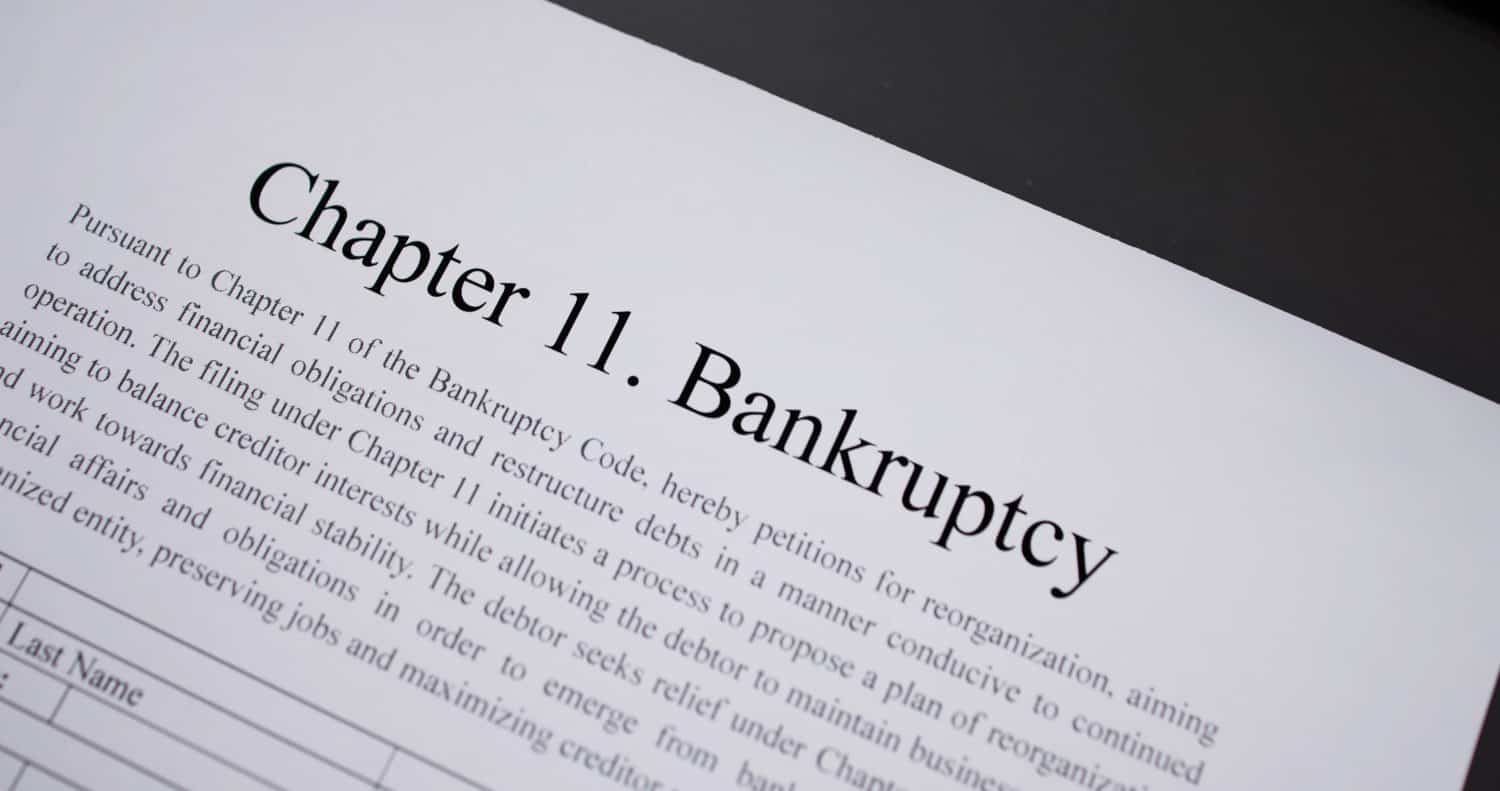
Under US bankruptcy laws, creditors of varying priorities are the first in line to be repaid. Stock shareholders are the last on the totem pole to recoup, and most often, there is nothing left once the creditors have taken their piece. As a result, the poster’s ESOP shares, despite being fully vested, would probably be worthless. This legal reminder cropped up in a number of replies to the poster. Some other respondents offered the following tips:
- If the company were to be acquired, the poster would be entitled to a proportionate portion of the acquisition funds based upon the number of vested shares, which would be a legal and legitimate stake of the overall market capitalization amount of the company.
- One respondent advised that, should the poster be laid off before the company announces any official bankruptcy, he should receive a payout based on the ESOP plan document.
- If the company does undergo liquidation, it is possible that the poster may have some avenues for a payout, depending on the liquidation process and its timing.
- If the company is publicly traded, the poster might be able to get a brokerage firm to pay him at a discount to market for his shares, even if they are restricted under Rule 144A. Brokerage firms have certain privileges under Rule 144A that can possibly force registration of restricted stock to cover a trade made in the market if the stock is in street name.
- If the poster has any other holdings of value in his 401 (k), he should look into transferring them out ASAP, especially if he has already been furloughed. Being laid off should unencumber the 401 (k) account if he must let it remain while his status is still an employee of record.
- If the poster is convinced that the end for the company is near, some respondents advise quitting now and tendering their resignation. This would thus buy him some valuable time to move the 401 (k) and possibly realize some cash value before the company officially folds.
- Some advised that the poster should immediately obtain a copy of the ESOP plan documents and speak to the HR and benefits departments of his company for specific details.
The post What Happens to My ESOP When My Company Folds? appeared first on 24/7 Wall St..





















